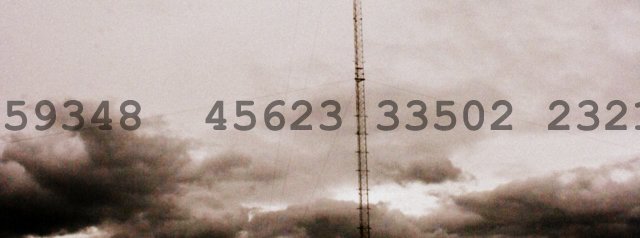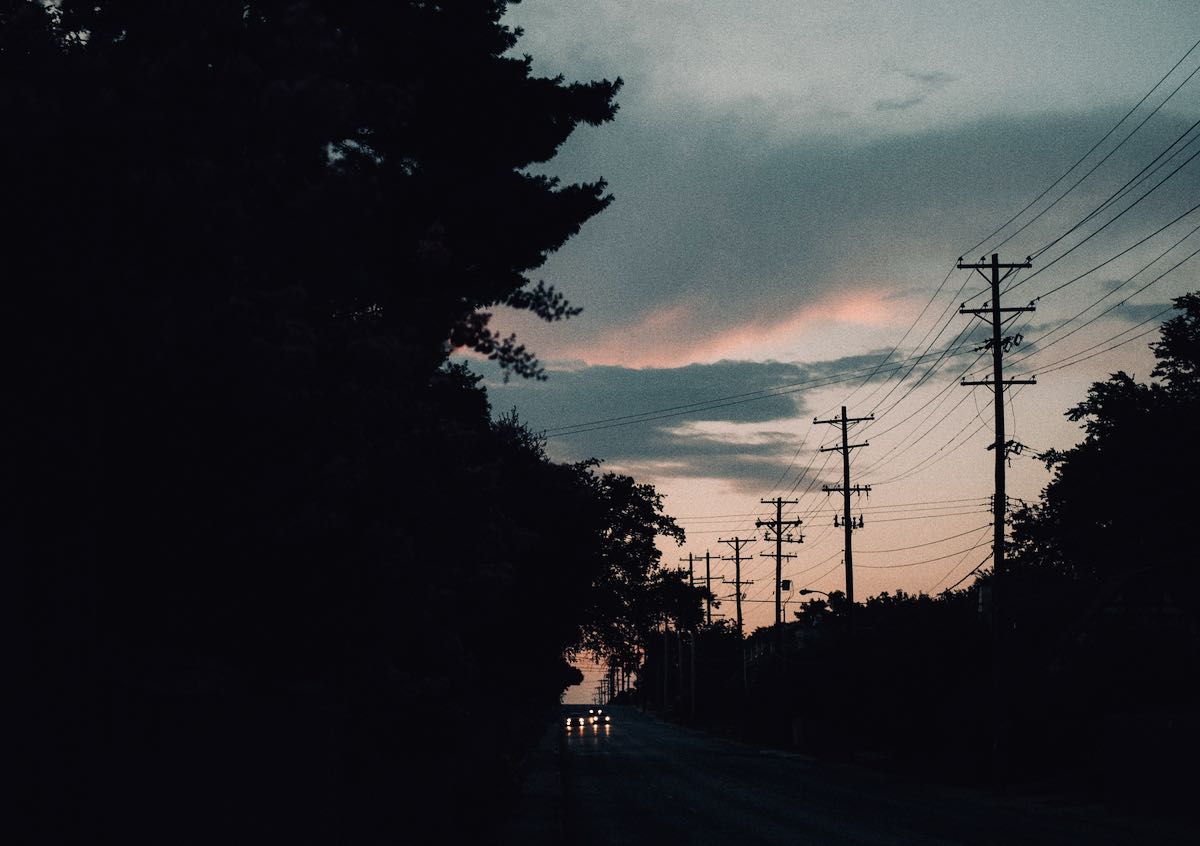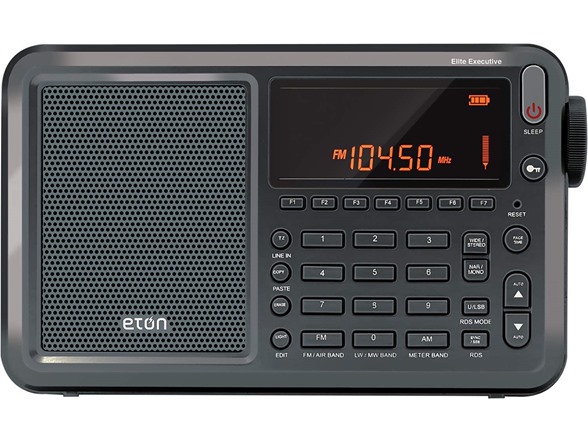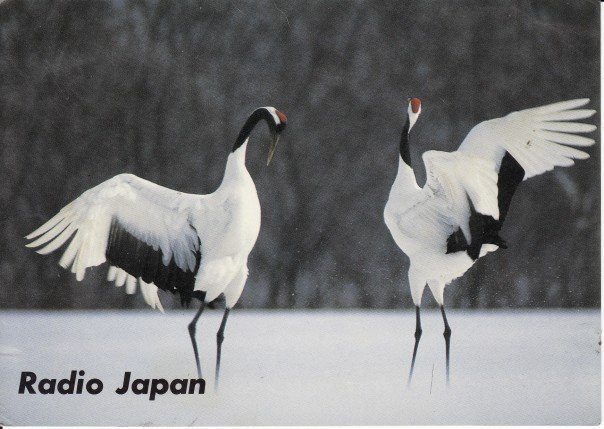Many thanks to SWLing Post contributor, Richard Cuff, who shares the following announcement:
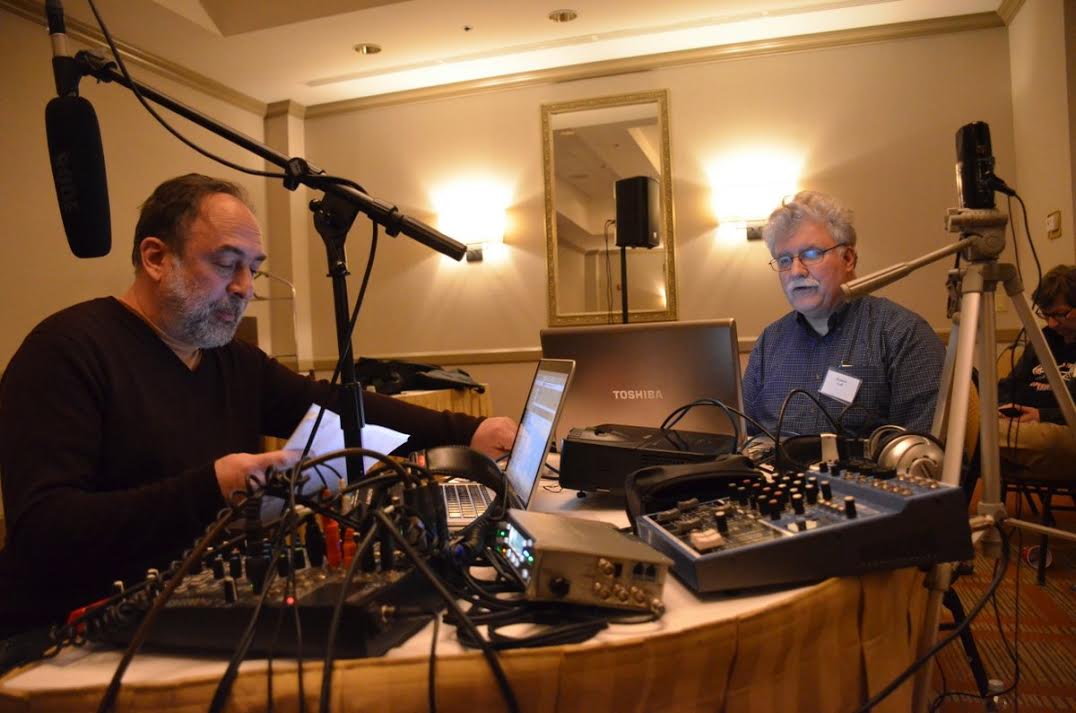
David Goren (left) and Richard Cuff (right) during the Shindig live broadcast at the Winter SWL Fest.
Registration for the 2024 “Winter SWL Fest” is now available!
The Fest will be May 10th & 11th, 2024.
The Fest will be a combination in-person and Zoom event, and will be held at the Holiday Inn Express & Suites in Fort Washington, Pennsylvania – just north of Philadelphia. We have a block of rooms set aside for the Fest at a special rate; this block will only be available until April 18th, 2024. After that date our special rate may no longer be available, and the hotel itself may sell out.
In-person registration is limited to 65 participants, so register early if you don’t want to get shut out; there is no limit to the number of Zoom participants.
Start your process at the Winter SWL Fest website: http://www.swlfest.com
You can find out more information there, and access the group reservation link for the hotel and also register for either the in-person or the Zoom event.
We apologize if you’re seeing this announcement in multiple places; we wanted to get the news out there as quickly as possible since we have tight deadlines this year.
We look forward to seeing you there!
Richard Cuff and John Figliozzi, co-Festmeisters
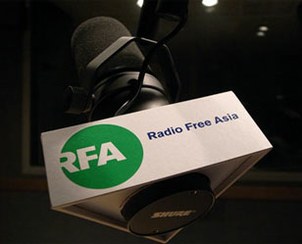 Many thanks to SWLing Post contributor Richard Cuff, who highlights a recent Reuters report on Radio Free Asia’s plans to resume Korean-language broadcasts aimed at reaching listeners in North Korea after a period of reduced operations.
Many thanks to SWLing Post contributor Richard Cuff, who highlights a recent Reuters report on Radio Free Asia’s plans to resume Korean-language broadcasts aimed at reaching listeners in North Korea after a period of reduced operations.
